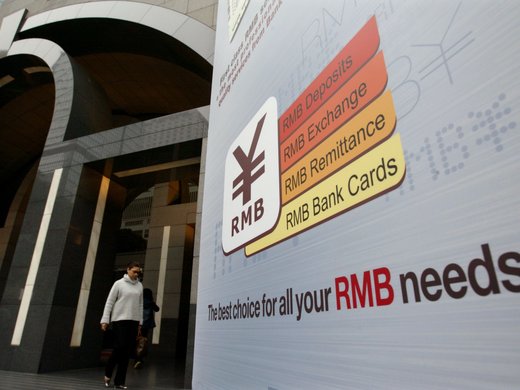This paper explores Russian leaders’ views on reforming the international monetary system (IMS), the potential role of the ruble in an emerging multicurrency world, and the complex relationship between ruble and renminbi (RMB) internationalization. The 2008 global financial crisis encouraged the BRIC states (Brazil, the Russian Federation, India and the People’s Republic of China [PRC]) to work together to demand fundamental reforms to the international financial architecture and to move towards a multicurrency-based IMS. Promoting ruble internationalization has been central to Russian efforts in this regard, and has served important domestic political, economic and symbolic purposes as well, yet Russian concerns about the US dollar-based IMS and its simultaneous ambitions for ruble internationalization have incompatible implications for Russian attitudes towards the PRC and the RMB.


